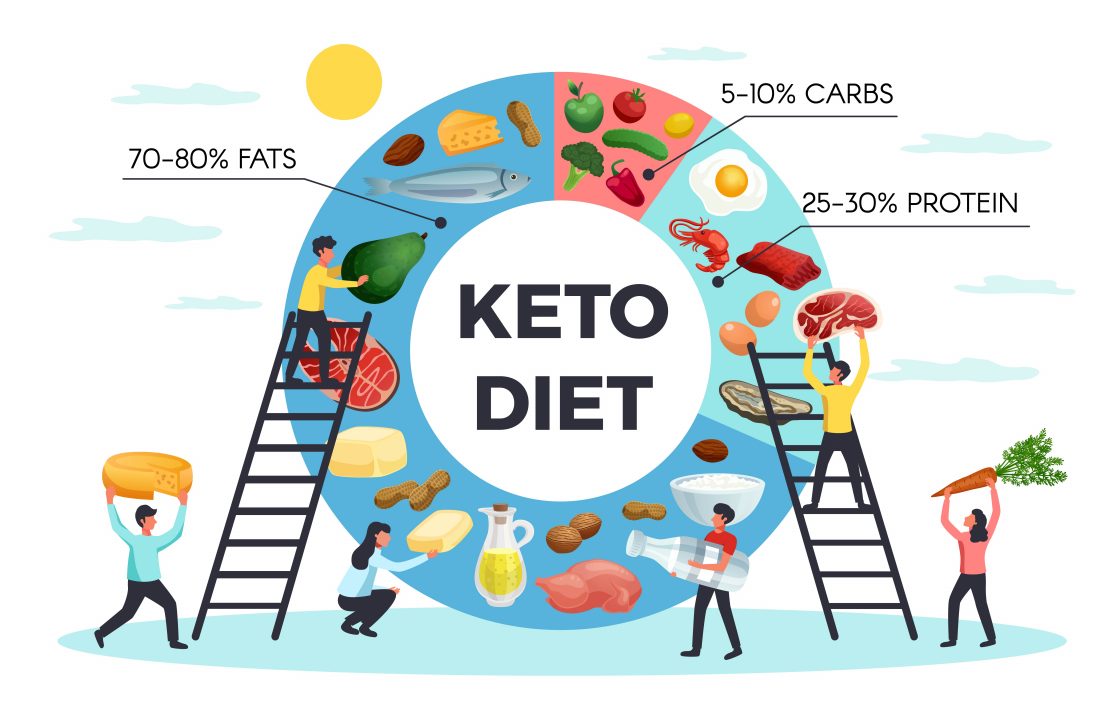
Obesity is a common problem in Canada and throughout the world. Hypothyroidism is also common, affecting up to 4% of adults in Canada. The thyroid gland does play a role in weight regulation, and you may gain weight if it is not functioning correctly.

Body composition and thyroid hormones appear to be closely related. Thyroid hormones regulate basal metabolism, thermogenesis and play an essential role in lipid and glucose metabolism, food intake, and fat oxidation. Thyroid dysfunction is associated with changes in body weight and composition, body temperature, and total and resting energy expenditure (REE) independent of physical activity.
Hypothyroidism is associated with decreased thermogenesis, decreased metabolic rate and has also been shown to correlate with a higher body mass index (BMI) and a higher prevalence of obesity. There is clinical evidence suggesting that even mild thyroid dysfunction in the form of subclinical hypothyroidism is linked to significant changes in body weight and represents a risk factor for overweight and obesity; however, this remains a gray area.

Weight loss induces a significant decrease in serum T3 and TSH levels. It seems that even simple lifestyle changes, characterized by increased physical activity and improvement in body composition without concomitant changes of BMI, lead to an improved thyroid function.
The hormones your thyroid gland releases help regulate your metabolism, or how efficiently your body burns food for energy. When your thyroid makes less of its hormones — as it does in hypothyroidism — your metabolism slows down. So you won’t burn off calories as quickly, and you’ll gain weight. The weight gain usually isn’t extreme, maybe 5 or 10 pounds, but it can be enough to affect your self-esteem.
Therefore, assessing all aspects of the lifestyle and medical problems is necessary for an ideal meal plan.
References:
https://www.ncbi.nlm.nih.gov/pmc/articles/PMC4911848/
https://pubmed.ncbi.nlm.nih.gov/23149391/
https://www.ncbi.nlm.nih.gov/pmc/articles/PMC3608008/
https://www.ncbi.nlm.nih.gov/pmc/articles/PMC6711558/



